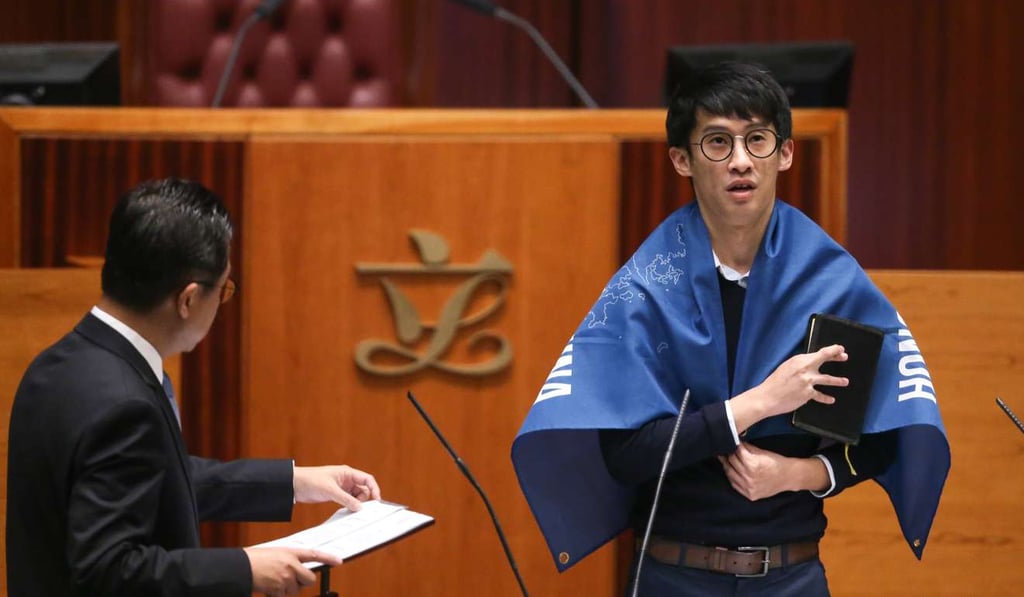Exclusive | Beijing will rely more on ‘legal means’ to strengthen authority in Hong Kong
Basic law interpretations will set legal precedents to blend in common law

Beijing will rely more on “legal means” to strengthen its authority in Hong Kong – such as establishing a set of legal precedents so the interpretation of the Basic Law could be better integrated into the city’s common law system, according to two mainland government advisers.
They said Beijing would not seek frequent interpretations of Hong Kong’s Basic Law as they understood the importance of upholding the city’s autonomy in its internal affairs. The aim was to ensure Beijing’s authority over “principle issues” – such as sovereignty and national security – is protected, they said.
“There has been a consensus among scholars on Hong Kong affairs, as well as policymakers on the mainland, to rely more on the legal framework to govern Hong Kong,” Tian Feilong, an associate law professor at Beihang University in Beijing, said. Tian is also a member of the Chinese Association of Hong Kong and Macao Studies, a semi-official group of policy advisers on Hong Kong policies.
Tian said Beijing might also explore further detailing powers endorsed by the Basic Law but never practised, like mandating the chief executive follow an official directive.
Article 48 (8) of the Basic Law states the city’s leader should implement directives issued by the central government. Beijing has not yet issued any directive to the Hong Kong chief executive.
